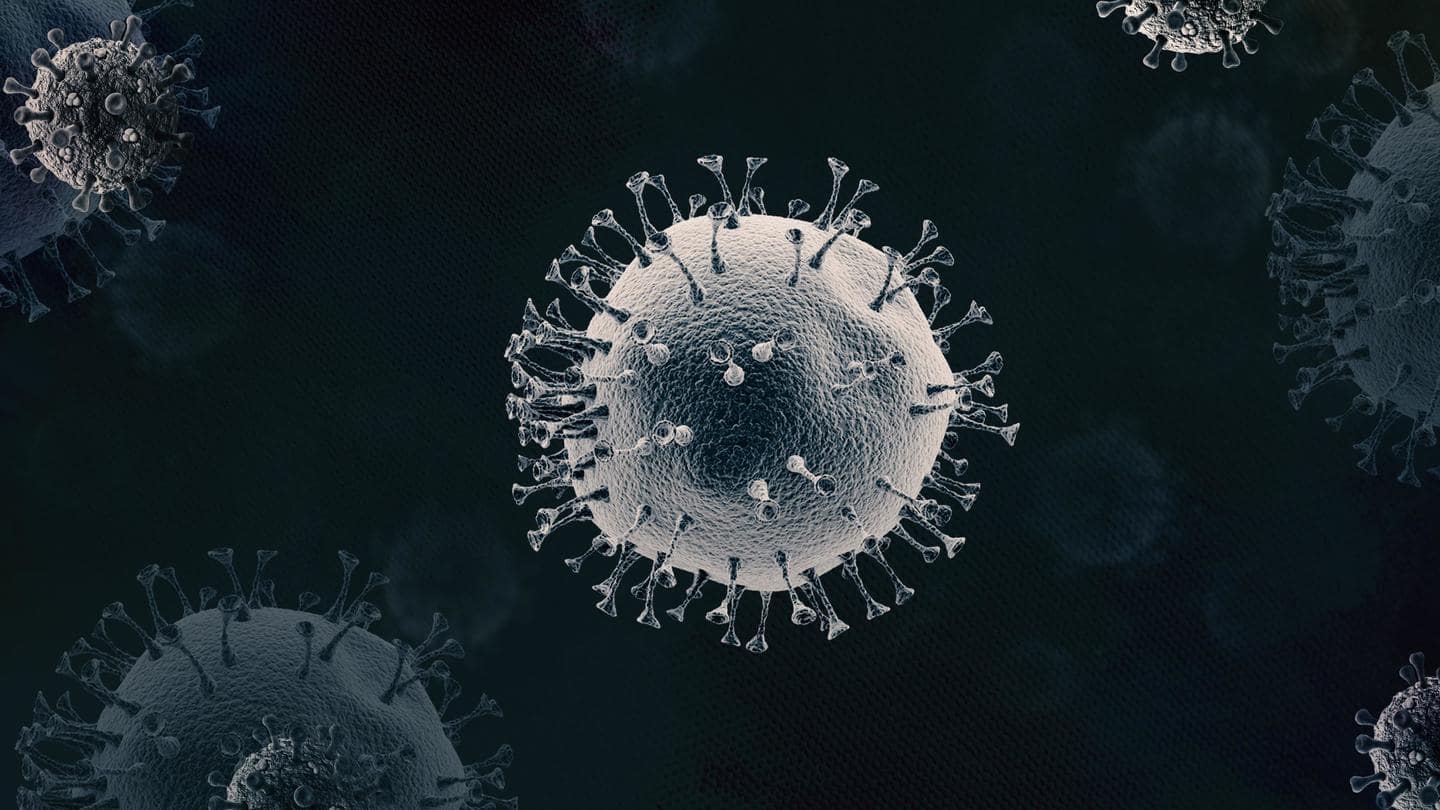
Omicron variant detected in 15 countries; here's a list
What's the story
The Omicron variant of coronavirus has been detected in more than a dozen countries as more and more people around the world test positive for the strain.
Classified as a variant of concern (VOC) by the World Health Organization (WHO), Omicron was reported to the global health body by South Africa earlier this month.
Here are more updates on the new COVID-19 strain.
Context
Why does it matter?
Omicron's spread to newer territories is concerning for both the authorities and the public as it is potentially more contagious.
It may also lead to nations imposing stricter air travel curbs in the coming days.
The strain is likely the most heavily mutated version of the coronavirus SARS-CoV-2.
Early evidence suggests it is highly transmissible and may cause reinfections, however, more studies are required.
Details
Where have cases emerged?
Thus far, South Africa has detected over 50 cases of the Omicron variant—the most for any country.
Cases of the strain have also been reported in Botswana, Hong Kong, Israel, Australia, and Canada.
Several European nations including Belgium, the United Kingdom, the Netherlands, France, Italy, Denmark, Austria, the Czech Republic, and Germany have also detected cases of the new strain.
Symptoms
Are symptoms any different?
Symptoms displayed by patients infected with Omicron are "mild" and can be treated at home, Dr. Angelique Coetzee, the chair of the South African Medical Association, told Reuters.
Patients reported extreme tiredness, mild muscle aches, scratchy throat, and dry cough, Dr. Coetzee separately told Agence France-Presse.
Reportedly, only a few of them had a slightly high temperature.
Strain
What do we know about Omicron?
Omicron, whose scientific name is B.1.1.529, has some 50 mutations including more than 30 in the spike protein—crucial for infecting host cells.
Early evidence suggests the strain poses an increased risk of reinfection, the WHO said.
However, studies to determine the efficacy of COVID-19 testing, vaccines, and treatment against the new strain are ongoing, according to the health organization.
India
India revises rules for foreign travelers
All international passengers coming to India need to fill a self-declaration form and submit a negative RT-PCR test report to enter the country.
Those coming from "at-risk" nations like South Africa must give their samples for testing.
If found positive, they will be quarantined and their samples will be sent for genome sequencing to identify the variant behind the infection.
Quote
PM Modi urges caution over Omicron
Prime Minister Narendra Modi advised caution in view of Omicron while speaking ahead of the Winter Session of Parliament on Monday.
"Reports of a new variant are making us even more alert. I appeal to Parliament and all of you to be cautious as every citizen's health is a priority in this hour of crisis," he told reporters.